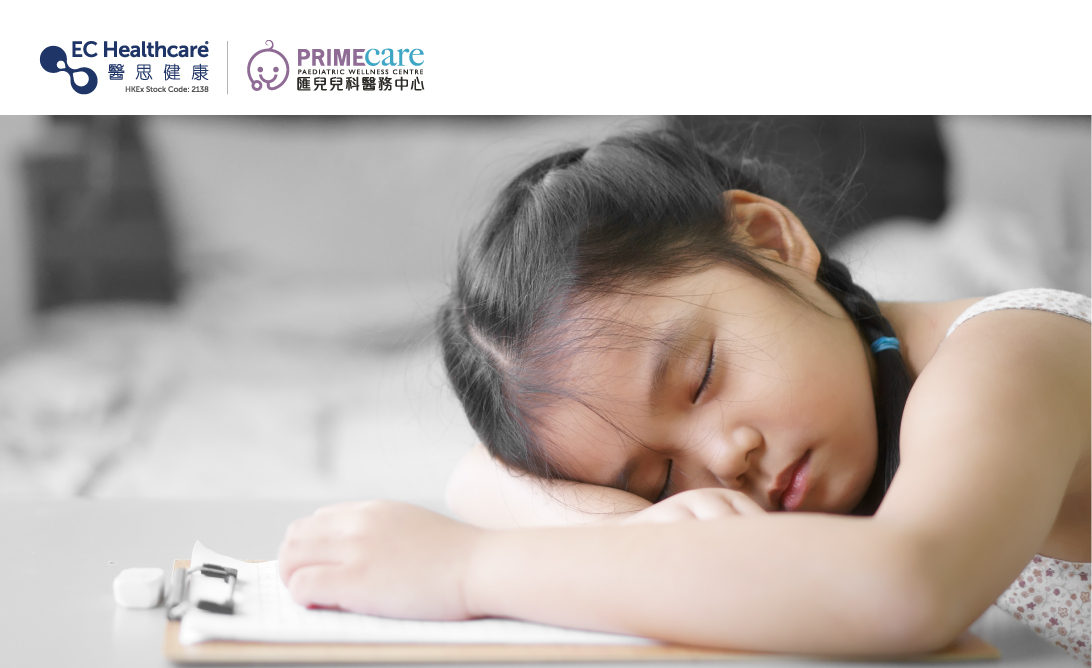The Culprit Behind Learning Difficulties and Restlessness: Lack of Sleep!


Every parent knows that their children look adorable when they're fast asleep. However, as they grow older, their sleep time gradually decreases. Faced with an array of toys and games, they become reluctant to go to bed, causing concern among parents: "How much sleep do my children really need?"
The Impact of Sleep Deprivation on Brain Development
Sleep is a vital component of overall health, particularly in children, as it plays a crucial role in the secretion of growth hormones. The levels of these hormones directly influence their physical and mental well-being, including brain development, growth, immune system function, and metabolic processes.
Insufficient sleep in children can disrupt the ideal levels of growth hormones, affecting their emotional regulation, memory, attention span, and decision-making abilities. It can also hinder the development of essential skills such as hand-eye coordination and fine motor skills. The National Sleep Foundation in the United States has highlighted that sleep-deprived children often struggle with reading, language, and mathematics.
Children's Sleep Guidelines: How Much is Enough?
So, how much sleep do children need each day? At what point does insufficient sleep become a concern? Can a lack of nighttime sleep be compensated with daytime naps?
According to recommendations from sleep medicine experts abroad, the sleep requirements of children vary with age. Different age groups have different sleep needs. Generally, younger children require more sleep. Here are some guidelines for reference:
| Age | Sleep Duration | Insufficient Sleep |
| 0-3 months | 14-17 hours | Less than 11 hours |
| 4-11 months | 12-15 hours | Less than 10 hours |
| 1-2 years | 15 hours | Less than 9 hours |
| 3-4 years | 12 hours | Less than 8 hours |
| 5 years | 10 hours | Less than 8 hours |
| 6-17 years | 9 hours | Less than 7 hours |
| 18 years and above | 8 hours | Less than 7 hours |
In addition to sleep duration, parents should also pay attention to factors that may affect their children's sleep quality, such as nasal congestion, snoring, night awakenings, and nightmares. As for the idea of compensating for lack of nighttime sleep with naps, it may not provide significant benefits. This is because the period from 10 PM to 2 AM is when children's bodies produce the highest levels of growth hormones, making it their sleep prime time.
Disclaimer: This article is prepared by an independent third party and is not sponsored. The content provided is solely for informational purposes and should not be considered a substitute for professional medical advice, diagnosis, or treatment. It does not represent any specific viewpoint. In the event of any discomfort or health issues, it is advised to seek medical attention promptly.
Related Brands






